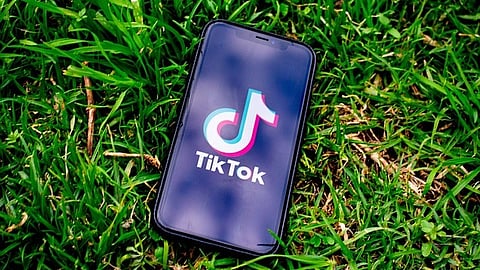The Federal Trade Commission, which oversees social media advertising, is struggling to keep up with influencers' growing power. Despite the FDA's role in enforcing correct supplement labelling, social media advertising is mostly unregulated. Legal action against identity theft on TikTok is unlikely to prevail, leaving therapists and victims with few or no damages.
Healthcare workers, such as ER nurse Malinda Weekly, had their identities used without authorization to promote questionable supplements. This conduct not only harms their reputations, but it also endangers public health because supplements may include unapproved or hazardous ingredients. TikTok's spokesman confirms that the company checks material and strictly maintains supplement standards, asking vendors to submit verification before listing products. However, the efficiency of these methods remains debatable.
While TikTok is a powerful influencer network, the increase in identity theft raises questions about the platform's ability to protect users and control the marketing of potentially dangerous products. The lack of timely and effective action against such acts necessitates enhanced vigilance and awareness among both users and regulatory bodies.
(Inputs from various sources.)
(Rehash/Susmita Bhandary/MSM)


